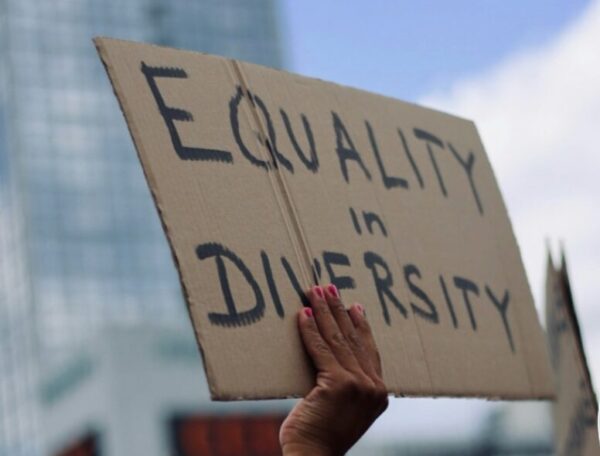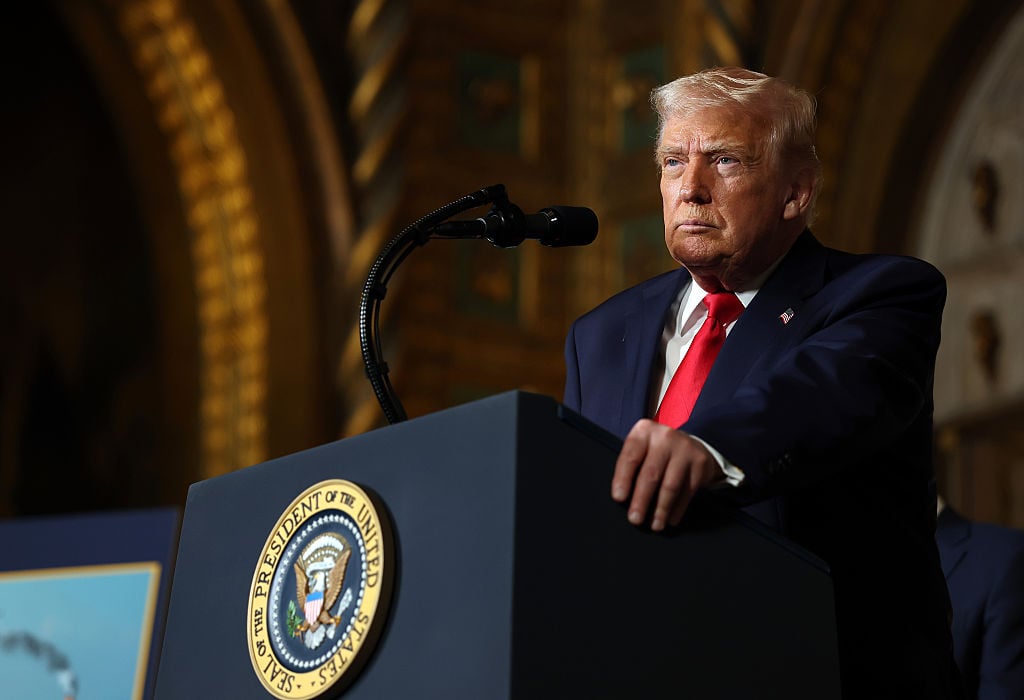
November 16, 2025
Mayor Cherelle Parker’s administration ends race- and gender-based contracting goals amid federal scrutiny, sparking backlash from city leaders and minority-owned businesses.
Philadelphia officials are dismantling long-established diversity, equity and inclusion benchmarks for city contracts, a dramatic policy shift that arrives as the Trump administration intensifies its campaign against DEI initiatives nationwide.
Mayor Cherelle Parker’s administration confirmed it will no longer enforce the goal that 35% of city contracts go to firms owned by women, minorities, or people with disabilities — a standard in place since 2016. Earlier versions of the policy date back to the 1980s, when the target was set at 25%. According to The Philadelphia Inquirer, the rollback could cost historically disadvantaged firms an estimated $370 million in annual opportunities.
The decision follows a similar move last fall, when the city discontinued DEI guidelines for publicly funded projects. Both changes have generated alarm in a city where the majority of residents are Black and Brown, and where business groups relied on these long-standing frameworks to maintain access to major public-sector contracts.
City Solicitor Renee Garcia told the Inquirer that the shift was driven by a “new federal legal precedent” restricting the use of race or gender in procurement decisions. She argued the city risked violating federal rules by using public dollars to “promote, reinforce or perpetuate discrimination.”
Her language closely echoes President Trump’s administration, which has threatened to withhold federal funding from governments and institutions that continue to rely on DEI-based standards.
Garcia said the revamped approach aims to create “an environment in which all businesses can thrive and contribute to the local economy,” with contracting priorities shifting toward supporting “small and local” firms rather than those tied to specific demographic groups.
According to The Philadelphia Inquirer, Parker has sought to avoid a direct clash with the Trump White House to prevent jeopardizing the hundreds of millions of federal dollars Philadelphia relies on to balance its budget. In October, the administration settled a lawsuit — filed by firms represented by America First Legal, an organization founded by Stephen Miller, Trump’s deputy chief of staff — which challenged the legality of the city’s previous workforce diversity contracts.
City Council Minority Leader Kendra Brooks condemned the rollback, saying she was “deeply troubled” by the administration’s decision. She argued the city should have explored alternatives, noting that “Chicago is looking at other ways. Baltimore is looking at other ways.”
Brooks added, “In Philly, we’re supposed to be a little grittier than that. I think constantly caving under the Trump administration’s thumb is definitely problematic, but I’m not the mayor.”
The changes leave many small and minority-owned businesses bracing for a more uncertain future — one shaped less by DEI mandates and more by shifting federal politics and legal constraints.
RELATED CONTENT: Jumpstart Health Investors Elevates Black-Owned Healthcare Firms Amid DEI Backlash





